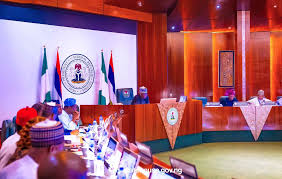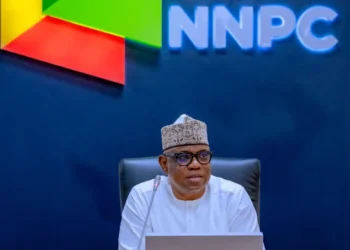The Kwara State Government has thrown its weight behind the Federal Government’s proposed National Digital Economy and E-Governance Bill, expressing confidence in its ability to transform governance and boost citizen engagement. Speaking during a stakeholders’ engagement session in Ilorin, Commissioner for Communications, Bola Olukoju, praised the initiative as a significant step toward modernizing government operations. He stated that the bill, once enacted, would enhance administrative efficiency and provide opportunities for youth to thrive in a digitally driven economy.
“The Kwara State Government is proud to support technologically-driven initiatives, especially the National Digital Economy and E-Governance Bill. It will enhance government activities, administration, and citizen engagement,” Olukoju said. He further highlighted Kwara’s strides in digital innovation, pointing to the anticipated launch of the Ilorin Innovation Hub before the end of the year. According to Olukoju, the hub is set to reshape the state’s tech ecosystem, foster growth of startups, and empower young entrepreneurs.
“This hub will revolutionise the tech ecosystem in Kwara State. It is designed to support startups and provide opportunities for our youth, who are already inclined toward technology. The National Digital Economy and E-Governance Bill aligns with this vision, and I hope it scales through the National Assembly,” Olukoju added.
The commissioner noted that embracing digital governance would not only save resources but also foster transparency and inclusivity in public administration.
In her remarks, Banke Ajaguna, the Special Assistant to the Minister of Communications, Innovation, and Digital Economy, stressed the importance of public input in shaping the bill. She described the stakeholders’ engagement session as a critical platform for aligning the legislation with the needs of the people and the digital sector.
“This engagement is about shaping a policy that truly works for the people. It is a chance for stakeholders to ask the right questions and ensure that the bill provides the right answers when it becomes law,” Ajaguna said.
She underscored the government’s commitment to creating an economy where all voices are heard, particularly those of the people most impacted by digital policies.
“We want an economy that thrives, and to achieve that, everyone’s input is essential. This bill aims to represent the interests of all players in the digital economy, from tech innovators to the general public,” she added.
The engagement session brought together senior government officials, members of state assemblies, civil society organizations, and tech industry leaders. Among the participants was the Managing Director of the Ilorin Innovation Hub, Temi Kolawole, who expressed optimism about the potential of the bill to unlock new opportunities in the state’s growing tech sector.
Providing insights into the draft legislation, legal consultant AbdulRasheed Badmus said the bill aims to position Nigeria as a leader in Africa’s digital economy. He explained that the proposed law would create a secure and inclusive digital environment, enabling streamlined governance and transparent citizen engagement.
Badmus emphasized that the bill’s core focus is economic transformation and the modernization of public services. Bridging the digital divide, the legislation seeks to ensure equal access to digital resources and opportunities for all Nigerians.
“This bill is a roadmap for Nigeria’s digital future. It promises to transform our economy, modernise governance, and empower citizens through increased digital access,” Badmus said, urging stakeholders to collaborate for its successful implementation.
The session emphasized the critical role of technology in driving development across Nigeria. Participants agreed that the bill’s passage could catalyze growth and create a more resilient, inclusive economy.
As Kwara State continues to position itself as a hub for digital innovation, the government reaffirmed its commitment to supporting initiatives that enhance the welfare of its citizens and empower its youth. The proposed National Digital Economy and E-Governance Bill, according to stakeholders, represents a bold step toward realizing these goals.





































